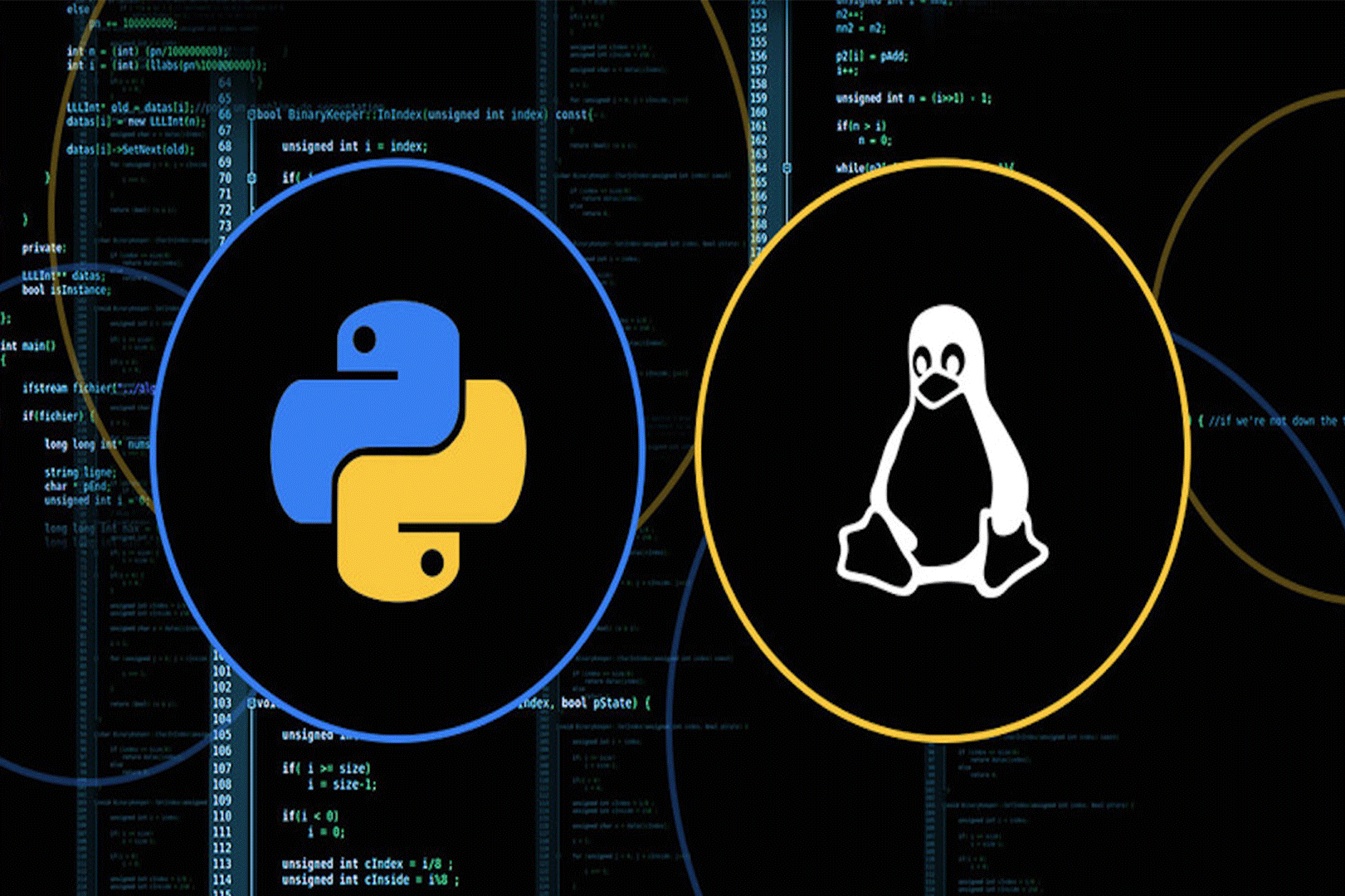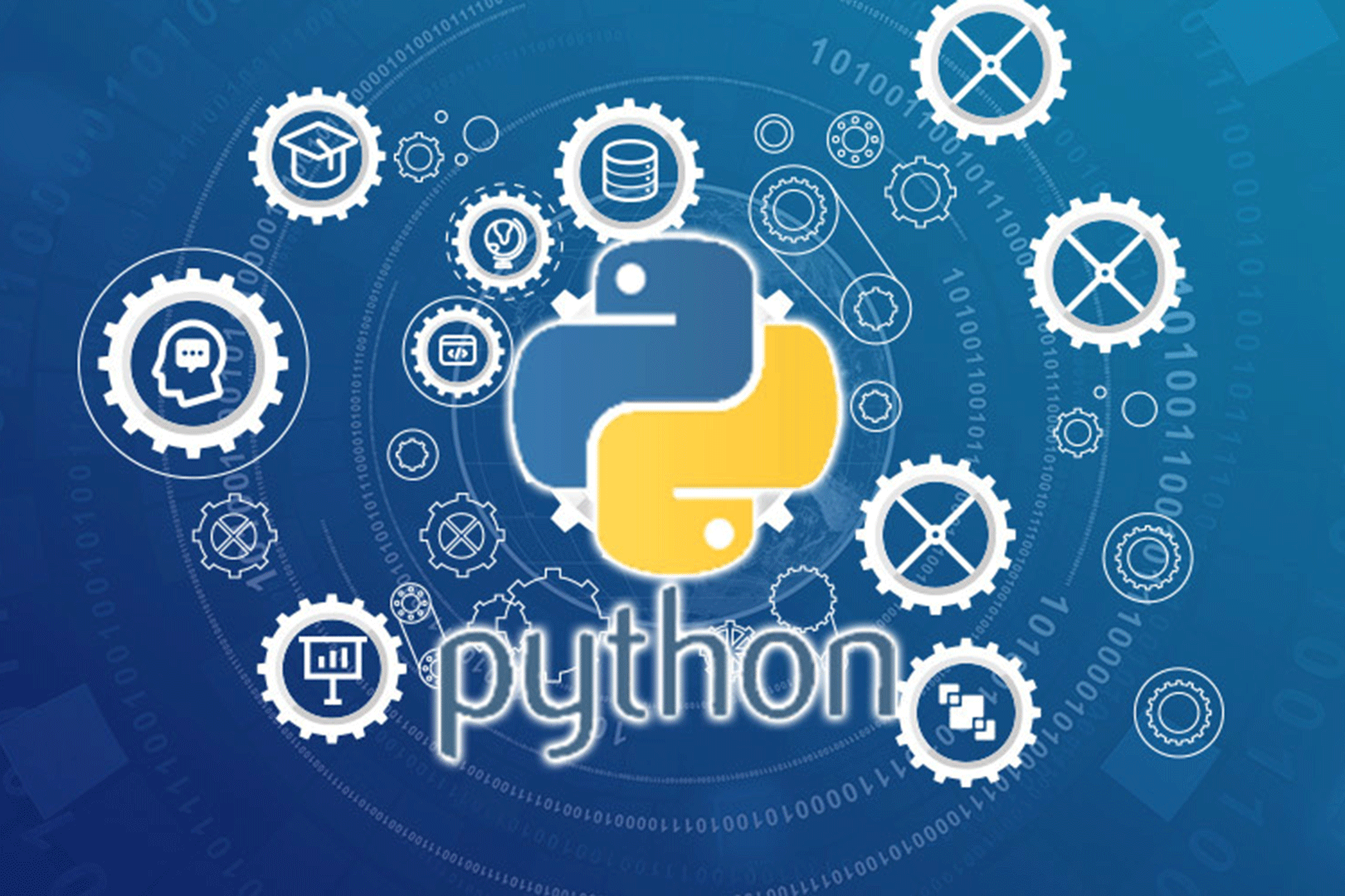Check the version
Python runs on many operating systems such as MS-Windows, Mac OS, Mac OS X, Linux, FreeBSD, OpenBSD, Solaris, AIX, and many varieties of free UNIX like systems. The latest version of CentOS, Fedora, RHEL and Ubuntu come with Python 2.7 out of the box.
To see which version of Python you have install, open a command terminal and run:
$ python --versionSample outputs:
Python 2.7.11Or type:
$ pythonSample outputs:
Python 2.7.11 (default, Aug 9 2016, 15:45:42)
[GCC 5.3.1 20160406 (Red Hat 5.3.1-6)] on linux2
Type "help", "copyright", "credits" or "license" for more information.
>>> That is the version of python you have got and you can start building Python applications .
Use package manager
The easiest way to install the Python is to use package manger such as apt-get, yum, and so on.
Debian / Ubuntu Linux user
Use the following command to search for available versions of Python2.x under Debian and Ubuntu Linux:
$ apt-cache search python | egrep "^python2.[0-9] " --colorType the following command to install python version 2.x:
$ sudo apt-get install python2.6Type the following command to install python version 3.x:
$ sudo apt-get install python3.1Sample outputs:
Reading package lists... Done
Building dependency tree
Reading state information... Done
The following extra packages will be installed:
python3.1-minimal
Suggested packages:
python3.1-doc python3.1-profiler
The following NEW packages will be installed:
python3.1 python3.1-minimal
0 upgraded, 2 newly installed, 0 to remove and 13 not upgraded.
Need to get 5,444 kB of archives.
After this operation, 19.9 MB of additional disk space will be used.
Do you want to continue [Y/n]? y
Get:1 http://debian.osuosl.org/debian/ squeeze/main python3.1-minimal amd64 3.1.3-1 [1,669 kB]
Get:2 http://debian.osuosl.org/debian/ squeeze/main python3.1 amd64 3.1.3-1 [3,775 kB]
Fetched 5,444 kB in 27s (201 kB/s)
Selecting previously deselected package python3.1-minimal.
(Reading database ... 280220 files and directories currently installed.)
Unpacking python3.1-minimal (from .../python3.1-minimal_3.1.3-1_amd64.deb) ...
Selecting previously deselected package python3.1.
Unpacking python3.1 (from .../python3.1_3.1.3-1_amd64.deb) ...
Processing triggers for man-db ...
Processing triggers for menu ...
Processing triggers for desktop-file-utils ...
Processing triggers for gnome-menus ...
Setting up python3.1-minimal (3.1.3-1) ...
Setting up python3.1 (3.1.3-1) ...
Processing triggers for menu ...Red Hat/ RHEL / CentOS Linux user
Type the following command:
$ sudo dnf install pythonOR
# dnf install pythonFrom the Internet
Your can also download the version you want from the Internet.
Type the following command to download it:
$ wget --no-check-certificate https://www.python.org/ftp/python/2.7.11/Python-2.7.11.tgzType the folowing command to extract the file and go into the directory:
$ tar -xzf Python-2.7.11.tgz
$ cd Python-2.7.11Read the README file to figure out how to install, or do the following with no guarantees:
$ ./configure
$ make
$ sudo make install For Python 3.5 use the following download address: http://www.python.org/ftp/python/3.5.1/Python-3.5.1.tgz
For other versions and the most up to date download links: http://www.python.org/getit/
Others
Setuptools & Pip
The two most crucial third-party Python packages are setuptools and pip.
Python 2.7.9 and later (on the python2 series), and Python 3.4 and later include pip by default.
To see if pip is installed, open a command prompt and run:
$ command -v pipTo install pip, follow the official pip installation guide - this will automatically install the latest version of setuptools.
Environment variable
Also add the path of new python in ‘PATH’ environment variable.
Type the following command if new python is in /root/python-2.7.4:
$ export PATH = "$PATH":/root/python-2.7.4








